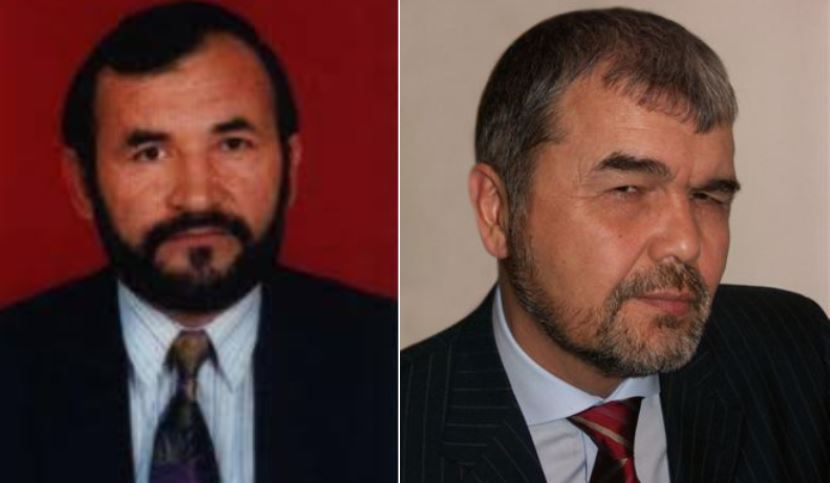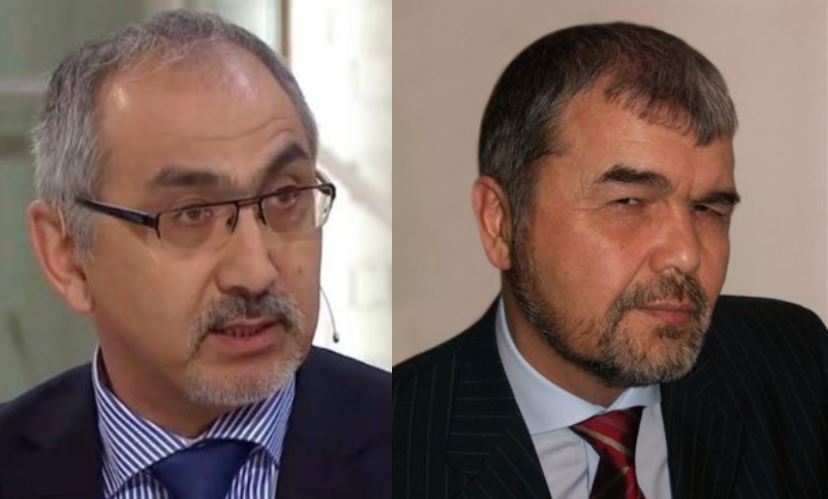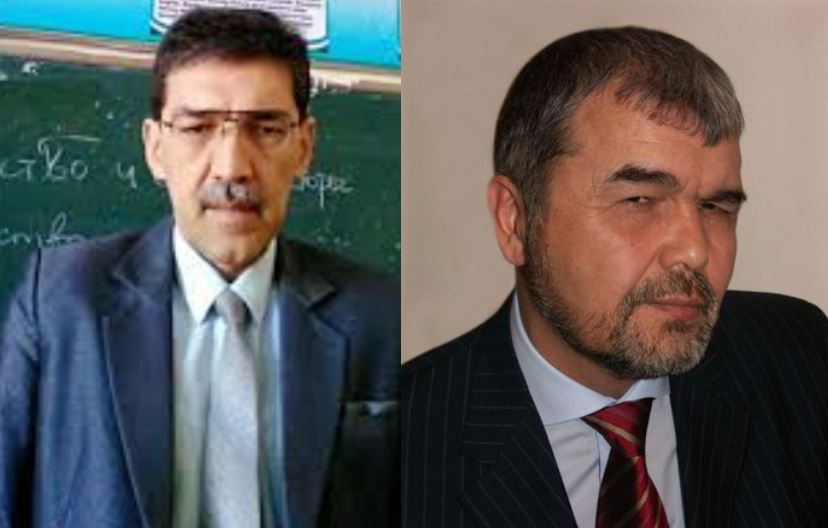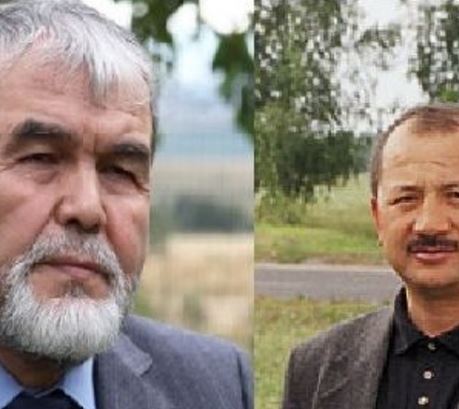Relatives of Ganikhon Mamatkhonov, a well-known human rights activist from Fergana, informed “Jarayon” that the Navoi prison administration refuses to inform them about his whereabouts.
On March 21, a “Jarayon”journalist managed to talk on the phone with Zhaloliddin Mamatkhonov, a son of Ganikhon Mamathonov, a prominent human rights activist from Ferghana, an activist of the International Organization for Human Rights Protection. Zhaloliddin Mamatkhonov spoke about the reason of his father punishment in an isolation ward.
“My father was going to be released on 10 March. Our family went to the colony in the city of Navoi on 6 March, a few days before his release hoping he could be released a few days earlier. But when we arrived at the Navoi prison, its staff informed us that my father had been put into a solitary confinement. When I asked them “Why have you punished him?”, prison officials told us that my father was put into a solitary confinement because he went to toilet three times without permission. I got angry and said that he was an old and sick person, and he should not have been treated like that. In response, they told me: “We were given such an order,” said Zhaloliddin Mamatkhonov.
According to him, even today they do not know where the human rights activist is exactly kept.
“On 6 March, the head of the Navoi colony told us that my father is in a punishment cell, and we cannot visit him until a trial. He also said that my father would be moved to another place, and he would serve another term. He advised me to write a cassation. They did not allow us to visit my father. When we came back home, we received a letter from Navoi criminal court, which said that my father was on trial on March 4, two days before our arrival. That letter said: “The criminal court of the city of Navoi reports that precautions in the form of imprisonment were taken against Ganikhon Mamatkhonov.” I called the court of the city of Navoi, but they told me that they do not give information over the phone, and asked to visit them in person,” said Zhaloliddin Mamatkhonov.
Ganikhon Mamatkhonov’s son said that the head of the Navoi colony advised them to hire a lawyer.
“The head of the colony openly told me that without a lawyer, we will not solve anything, and we will not see my father. But now our family is in a very difficult financial situation. We did farming, we had a land plot. But the local authorities seized our land under the pretext that we had less than 80 hectares. Land farmers, who have less than 80 hectares of land, are deprived of their lands, and their land plots are given to others for land consolidation. We had to sell our cattle to pay off debts.
Last time when I went to visit my father in the Navoi colony, I had to borrow US $ 200 from a friend. But that was hardly enough to buy food and to travel to the prison and come back home. And when I came home, my friend asked me to return his money. Our family is barely making ends meet. I do not have money to hire a lawyer now, and our situation gets more difficult. My father had heart and blood pressure problems, often prison officials did not give him medication that we brought for my father to improve his health. I am afraid that now his health might worsen, so he urgently needs a lawyer,” sadly said Zhaloliddin Mamatkhonov.
Mutabar Tadjibayeva, the head of Paris-based International Human Rights Organization “Fiery Hearts Club”, said that the authorities treated the elderly human rights activist quite inhumanely, who has suffered two heart attacks in the prison.
Mutabar Tadjibayeva said that there has not been a case in Uzbekistan, when a lawyer has been able to prove innocence of a political prisoner, who was put in a solitary confinement for alleged “violation of internal prison regulations” a few days prior to completion of the term.
“Prison administrations often use services of “snitches” to collect documents proving that a political or religious prisoner violated internal prison regulations. If there were a possibility to examine the legality of those documents and give them a legal assessment, it would be possible to prove that today thousands, and possibly tens of thousands of political and religious prisoners are kept in Uzbek prisons absolutely illegally,” Tadjibayeva told “Jarayon”.
She also called all international human rights organizations to help the family of human rights activist Ganikhon Mamathonov to secure a lawyer for him, who could prove that the new case against him has been fabricated.
Ganikhon Mamatkhonov, a 61-year-old human rights activist from Fergana, was convicted under articles 168 (Fraud) and 211 (Bribery) of the Criminal Code of Uzbekistan, and in December 2009 he was sentenced to five years of imprisonment.
On January 5, 2010, the Board of Appeal of the Fergana regional court considered the case of the human rights defender, and reduced his prison term to four years and five months.
The court also ordered to move Ganikhon Mamathonov from the prison to a prison colony. However, in April 2010 the human rights activist was returned to the prison.
Sofia DAVRONOVA





